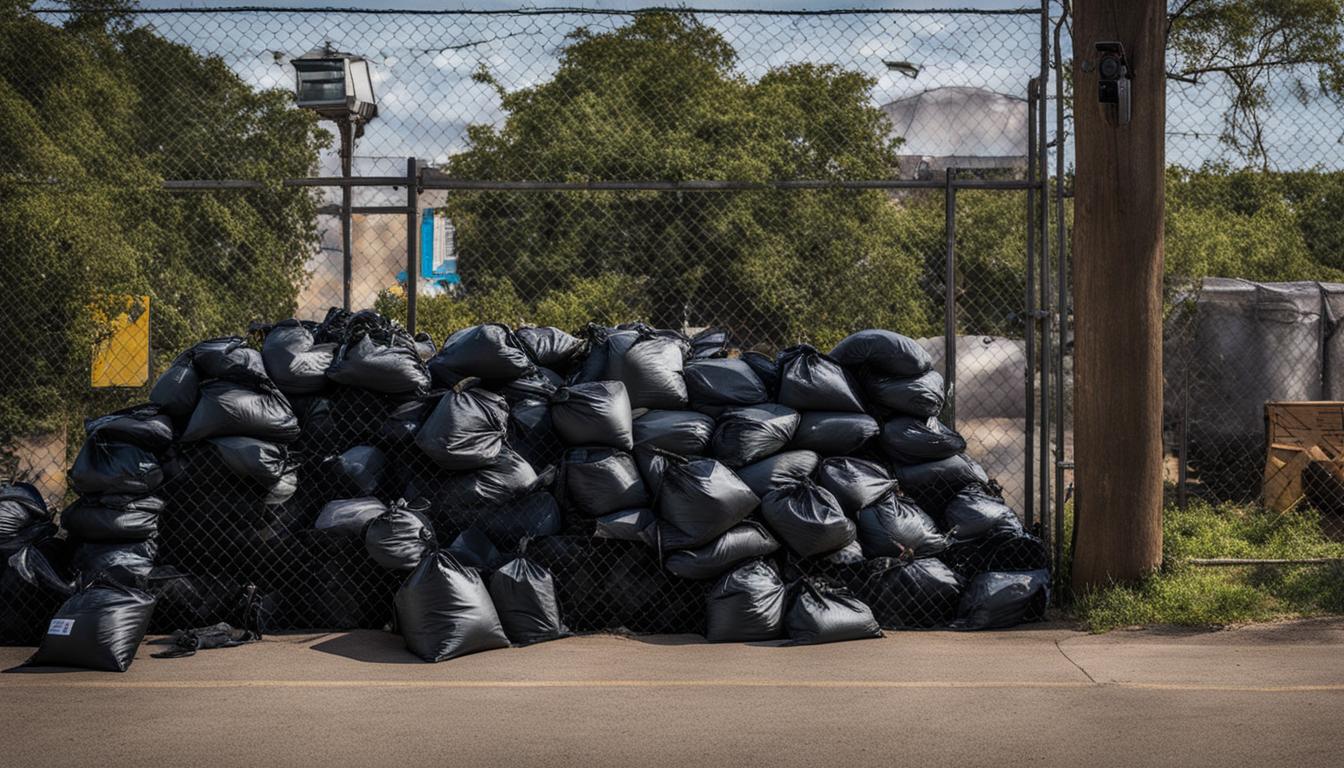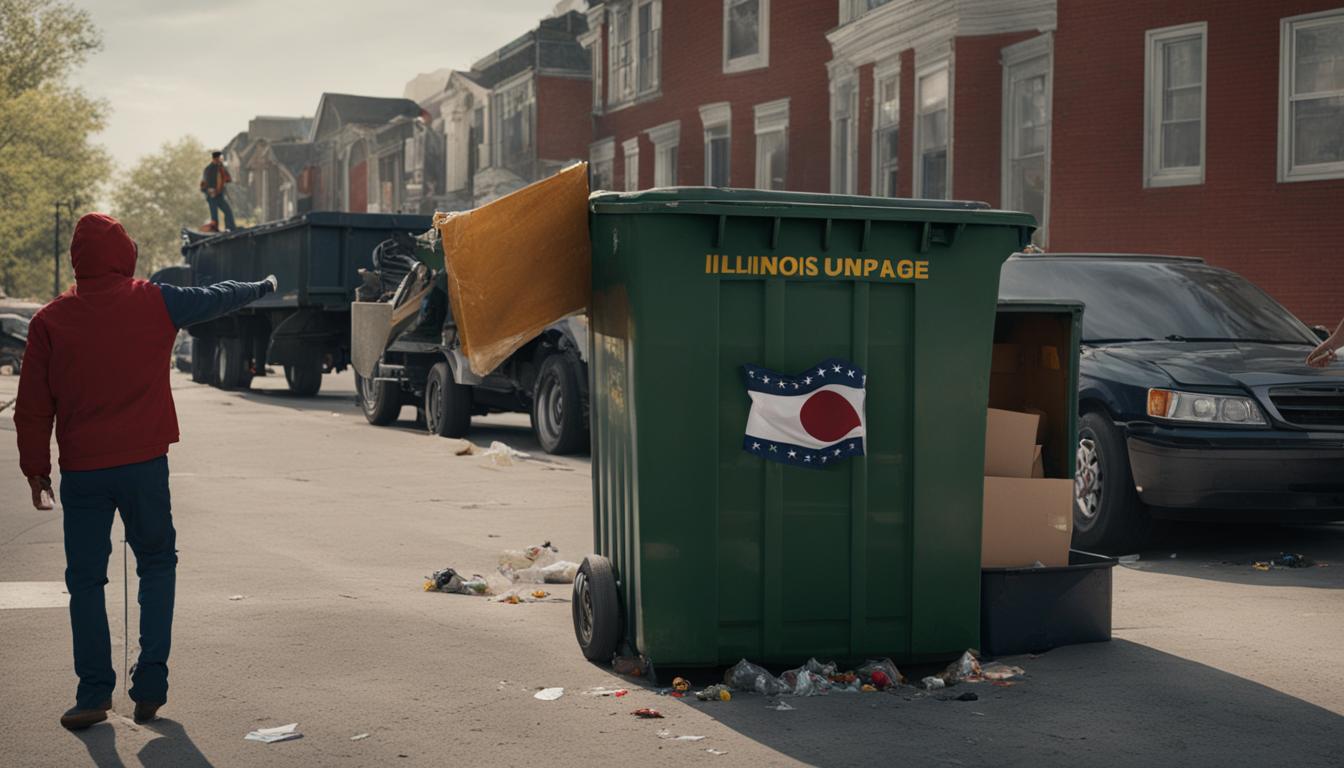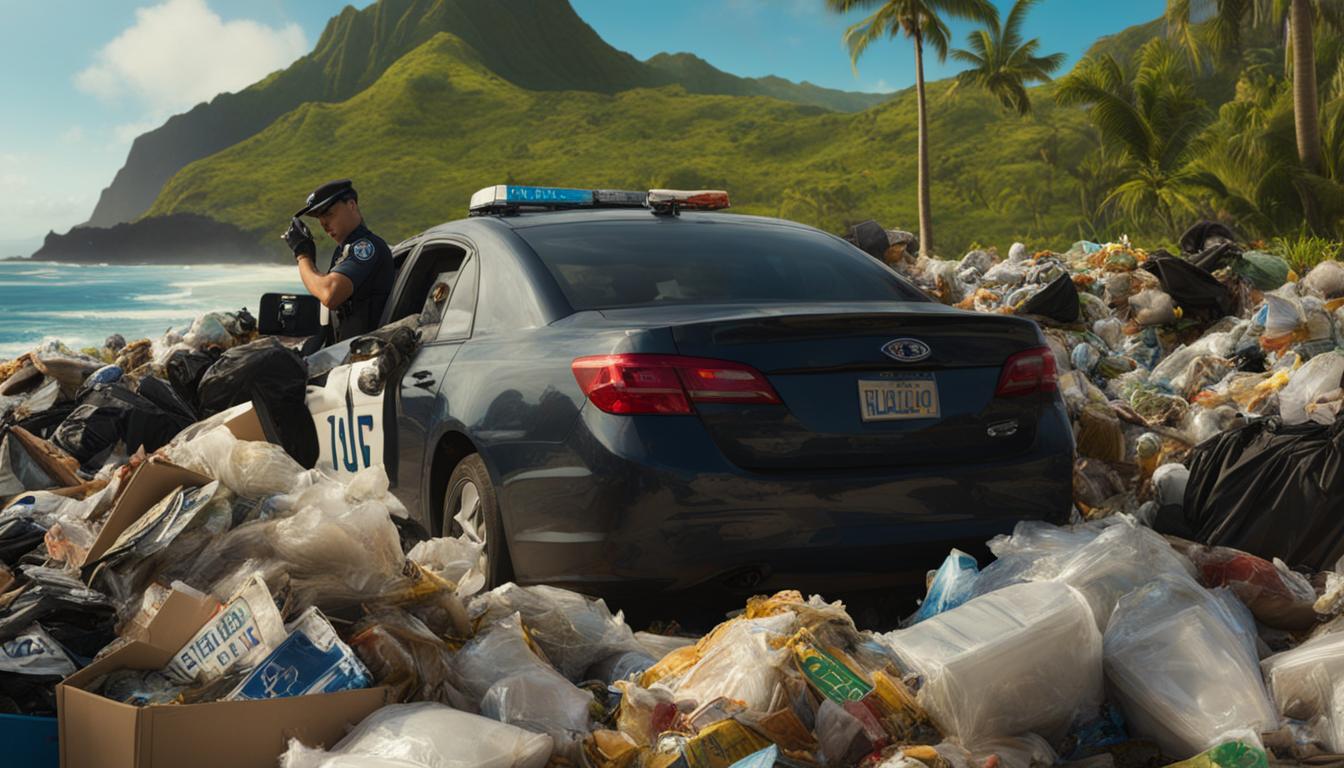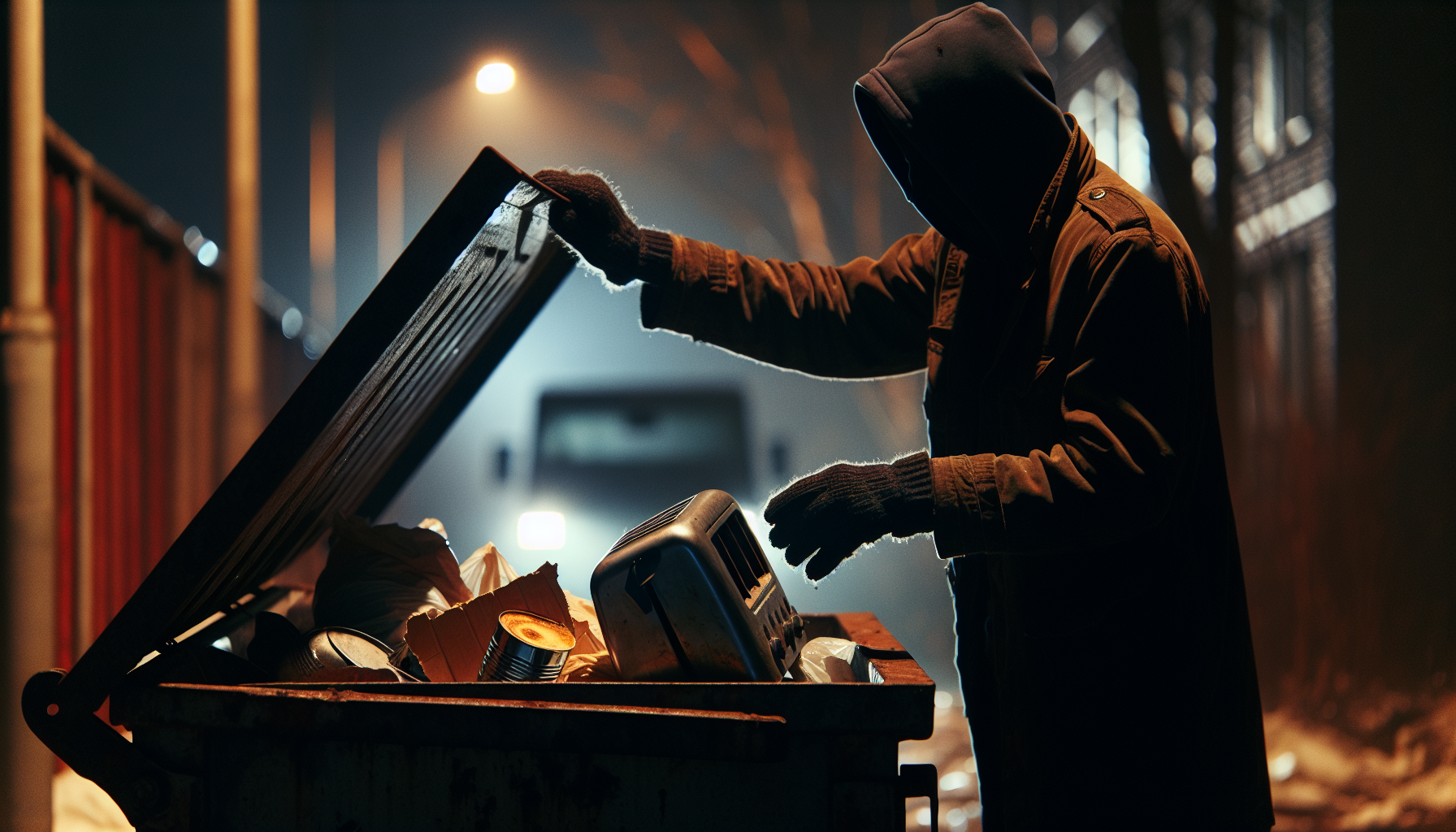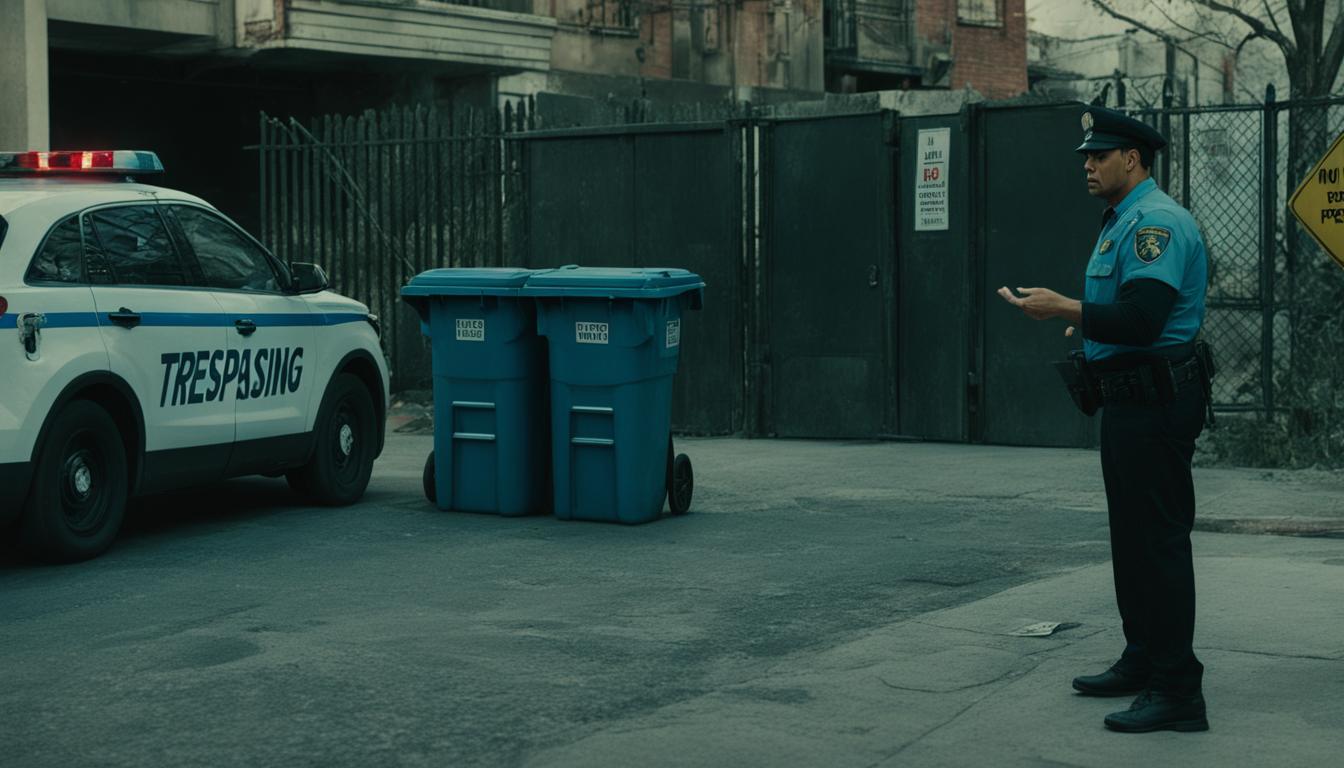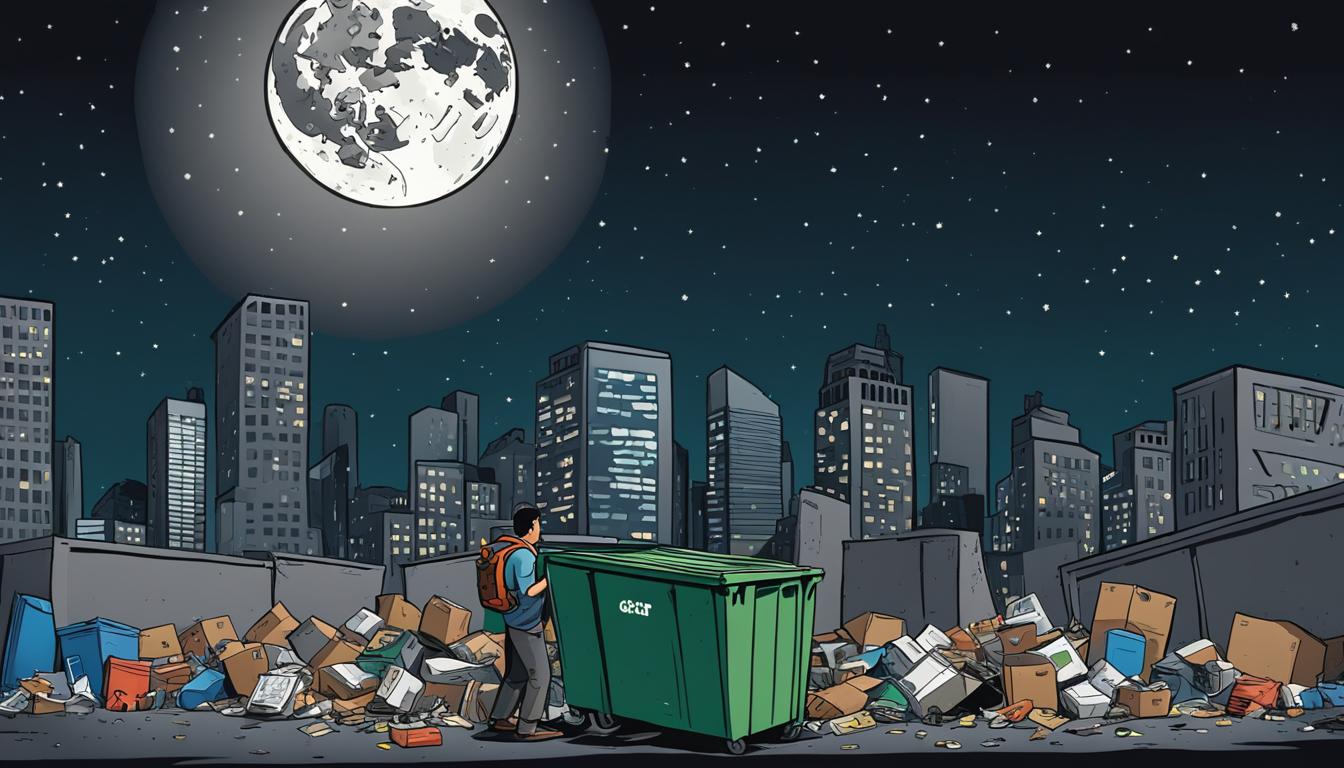Disclosure: This Post Contains Affiliate Links; We earn a commission on purchases.
Dumpster diving is the process of searching through dumpsters or trash cans for discarded items that may have some value. However, the legality of dumpster diving can vary from state to state. In the case of Hawaii, dumpster diving is generally legal, but there are some important factors to consider.
Key Takeaways
- Dumpster diving is generally legal in Hawaii.
- The Supreme Court ruling established that there is no expectation of privacy for items placed in a dumpster on public property.
- Dumpster diving on private property without permission can be considered trespassing.
- It’s important to be aware of and comply with any local regulations or restrictions on dumpster diving in Hawaii.
- Exercise caution and respect private property while engaging in dumpster diving in Hawaii.
Why Do People Go Dumpster Diving?
People engage in dumpster diving for various reasons, driven by the desire to find hidden treasures amidst discarded items. Let’s explore some of the motives behind this intriguing activity:
1. Seeking Free Food
One of the primary reasons people go dumpster diving is to find free food. Behind restaurants, supermarkets, and bakeries, dumpsters often offer a surprising abundance of edible items. These discarded food items may still be in good condition and safe to consume.
Discovering untouched produce, bakery items, or packaged goods that are nearing their expiration date, dumpster divers can reduce food waste and save money on groceries.
2. Uncovering Valuable Electronics
Another incentive for dumpster diving is the possibility of finding discarded electronics that are still functional or repairable. Many individuals discard perfectly usable electronic devices, ranging from smartphones and laptops to game consoles and audio equipment. Dumpster diving provides an opportunity to acquire these items at little to no cost.
Some individuals even utilize dumpster diving as a means to acquire components for DIY projects or to salvage electronic parts for repair or resale.
3. Identity Theft Prevention
While most individuals engage in dumpster diving for legitimate reasons, it’s essential to acknowledge that some people exploit this practice for nefarious purposes, such as identity theft. They search dumpsters for discarded documents containing sensitive personal information.
To prevent the risk of identity theft, it is crucial to dispose of personal documents responsibly. Shredding sensitive information and ensuring it is properly destroyed can safeguard against malicious individuals who may use dumpster diving for fraudulent activities.
Is Dumpster Diving Safe?
While engaging in dumpster diving can be a rewarding experience, it’s important to prioritize safety precautions to ensure a positive outcome. Dumpsters can contain various hazards, including sharp objects and potentially dangerous substances. By taking the necessary safety measures, you can minimize the risks associated with dumpster diving and enjoy the activity with peace of mind.
Safety Precautions for Dumpster Diving
Here are some essential safety precautions to keep in mind:
- Wear protective clothing: It’s crucial to dress appropriately to protect yourself from potential harm. Thick-soled footwear, long pants, and long sleeves can safeguard against cuts, punctures, or contact with hazardous materials.
- Use gloves: Wearing sturdy gloves will provide an additional layer of protection and help prevent cuts and contamination from potentially harmful substances.
- Stay cautious of sharp objects: When rummaging through dumpsters, be mindful of sharp objects such as broken glass, nails, or metal fragments. Handle items with care to avoid injuries.
- Be cautious of hazardous materials: Dumpster contents may include discarded chemical substances or biohazardous waste. Avoid direct contact and dispose of any potentially dangerous materials responsibly.
- Be mindful of surroundings: Dumpster areas may be dimly lit or present uneven footing. Stay alert and aware of your environment to avoid slips, trips, or falls.
- Bring a flashlight: A flashlight will help illuminate the dumpster interior and assist in identifying any potential hazards.
By following these safety precautions, you can minimize the risks associated with dumpster diving and ensure a safer experience.
Remember: Safety should always be a top priority when engaging in any activity, including dumpster diving.
| Common Risks Associated with Dumpster Diving | Precautions |
|---|---|
| Encountering sharp objects | Wear thick-soled footwear and use gloves for added protection. |
| Potential exposure to hazardous materials | Be cautious of materials that may pose a risk and handle them responsibly. Wear protective clothing. |
| Injury from slips, trips, or falls | Stay vigilant, be aware of your surroundings, and use appropriate lighting. |
| Trespassing or engaging in illegal activities | Understand the applicable laws and regulations in your area and only dive in permissible locations. |
By implementing these safety precautions and staying mindful of potential risks, you can enjoy the benefits of dumpster diving while minimizing the likelihood of accidents or injuries.
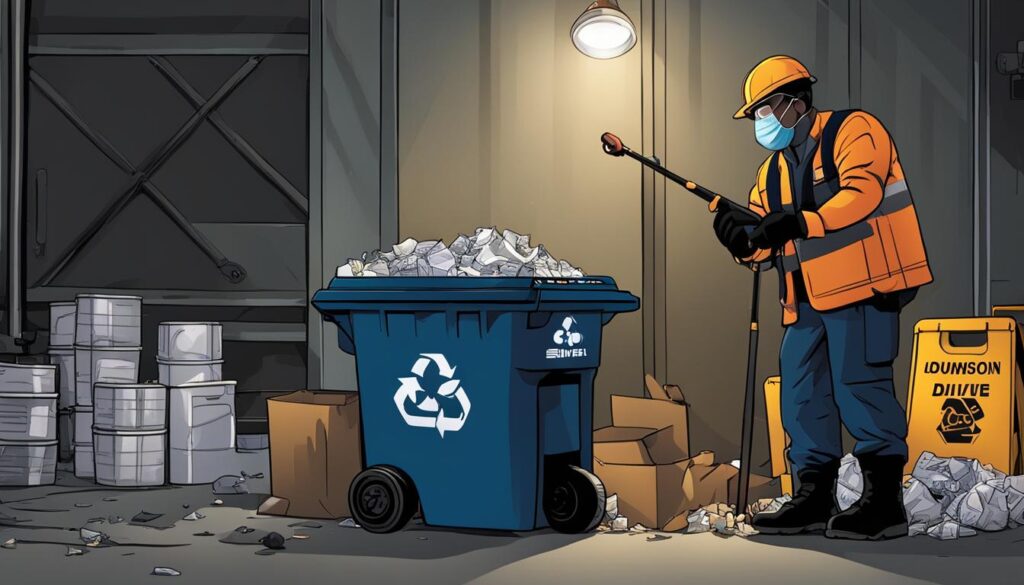
Is Dumpster Diving Legal in Hawaii?
One of the questions frequently asked about dumpster diving is whether it is legal in Hawaii. The answer is yes, dumpster diving is legal in all 50 states, including Hawaii.
The legality of dumpster diving in Hawaii was established by the Supreme Court ruling of California vs. Greenwood. This case determined that there is no expectation of privacy for items placed in a dumpster on public property. Once the trash is set out for collection, it is considered public domain, and individuals have the legal right to search through it.
It is important to note, however, that dumpster diving on private property or in areas designated as off-limits may still be considered illegal. Trespassing laws apply, and it is crucial to respect the boundaries of private property.
So, while dumpster diving is legal in Hawaii, it is essential to be aware of the legal implications and to abide by any specific laws or regulations that may be in place.
What Are the Dumpster Diving Laws in Hawaii?
While dumpster diving is generally legal in Hawaii, it is important to be aware of certain restrictions and regulations that may apply. Trespassing laws come into play when dumpster diving on private property without permission from the property owner. It is crucial to obtain consent to avoid legal consequences.
Furthermore, specific cities or counties in Hawaii may have their own ordinances or codes regarding dumpster diving. These regulations can vary, so it is essential to research and understand the local laws in the area where you plan to engage in dumpster diving. By doing so, you can ensure compliance with all applicable rules and avoid any potential penalties.
To summarize, here are the key points regarding dumpster diving laws in Hawaii:
- Dumpster diving on private property without permission can be considered trespassing.
- Specific cities or counties may have their own regulations and ordinances.
- Research and understand the local laws in the area where you plan to dumpster dive.
- Comply with all applicable rules to avoid legal consequences.
Example of Local Dumpster Diving Regulations in Hawaii
| City/County | Restrictions |
|---|---|
| Honolulu | Prohibited within city limits from 10 PM to 6 AM |
| Maui County | Permits required for commercial properties |
| Hawaii County | Prohibited within tourist areas |
Remember that dumpster diving laws can change or vary, so it is essential to stay updated and comply with the most recent regulations. By dumpster diving responsibly and respecting the laws in Hawaii, you can enjoy the benefits of this activity while avoiding any legal complications.
Conclusion
Based on Hawaii’s dumpster diving laws, it is generally legal to engage in this activity within the state. The Supreme Court ruling determined that there is no expectation of privacy for items discarded in a dumpster on public property. Therefore, individuals can search through trash cans and dumpsters without violating any legal regulations.
However, it is important to exercise caution and respect any local regulations or restrictions that may be in place. While dumpster diving is allowed on public property, it is still illegal to engage in this activity on private property without the owner’s permission. Additionally, some cities or counties within Hawaii may have specific ordinances or codes that apply to dumpster diving.
To ensure compliance with the law, it is recommended to research and understand the specific laws and regulations in the area where you plan to dumpster dive. By doing so, you can responsibly engage in dumpster diving in Hawaii while respecting private property and local regulations.
Source Links
- https://worldpopulationreview.com/state-rankings/dumpster-diving-legal-states
- https://www.legalmatch.com/law-library/article/is-dumpster-diving-illegal.html

Subscribe to Our Newsletter


